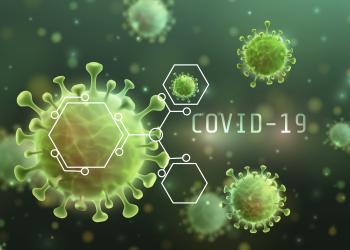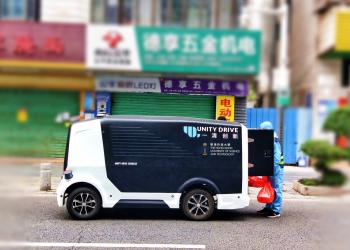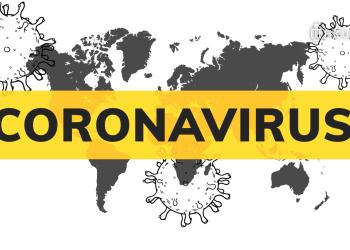News & Stories
2020

News
HKUST Scientists Develop World's First Spherical Artificial Eye with 3D Retina
An international team led by scientists at the Hong Kong University of Science and Technology (HKUST) has recently developed the world’s first 3D artificial eye with capabilities better than existing bionic eyes and in some cases, even exceed those of the human eyes, bringing vision to humanoid robots and new hope to patients with visual impairment.
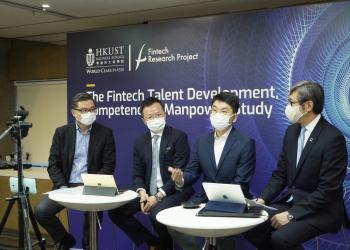
News
Hong Kong’s First Fintech Manpower Study Identifies 13 Most Needed Competencies
The School of Business and Management of The Hong Kong University of Science and Technology (HKUST Business School) announced the major findings of an industry-wide study on “Fintech Talent Development, Competency and Manpower”. With a view to addressing the growing demand for fintech talent in Hong Kong, the intensive study outlines ten observations about the industry, makes ten recommendations on talent development, and identifies thirteen core competencies for fintech professionals.
News
HKUST Research Team Successfully Discovers New Material Generation Mechanism for Chip Design, Quantum Computing and Noise Reduction
The research team of the Hong Kong University of Science and Technology (HKUST) has recently made important progress in the field of new materials. Combining the characteristics of two-dimensional materials and topological materials, the team has for the first time discovered a universal generation mechanism of new materials with "type-II" Dirac cones. Many extraordinary properties of the material are realized in experiments, which addressed the key issue that the material could only be obtained sporadically under stringent limits. This mechanism can guide the preparation of new two-dimensional materials that have specific directional responses to external signals such as electric fields, magnetic fields, light waves, sound waves, etc., and will provide valuable applications for modern electronic communications, quantum computing, optical communications, and even sound insulation and noise reduction materials.
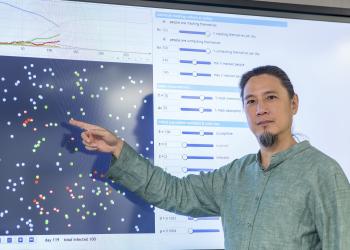
News
HKUST Co-led Study Suggests Universal Face Mask Wearing is Urgent Against Second Wave of COVID-19 Outbreak as Social Distancing Lifts
As governments worldwide are planning to gradually ease lockdown or social distancing measures after months of life disruptions due to COVID-19, an interdisciplinary study co-convened by a Hong Kong University of Science and Technology (HKUST) computer scientist has recently found that universal face mask wearing is an urgent non-pharmaceutical intervention to suppress the spread or second waves of the disease before effective vaccines or treatments are available.
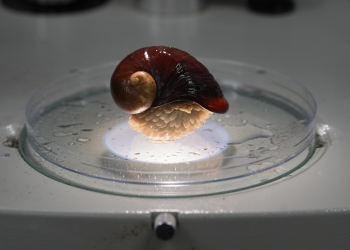
News
HKUST Researchers Unlock Genomic Secrets of Scaly-foot Snail
Researchers from the Hong Kong University of Science and Technology (HKUST) have decoded for the first time the genome of Scaly-foot Snail, a rare snail inhabited in what scientists called ‘the origin of life’- deep-sea hydrothermal vents characterized with impossible living condition. Unraveling the genome of this unique creature will not only shed light on how life evolved billions of years ago, but will also lay foundation for the discovery of potential remedies offered by these ancient creatures.









